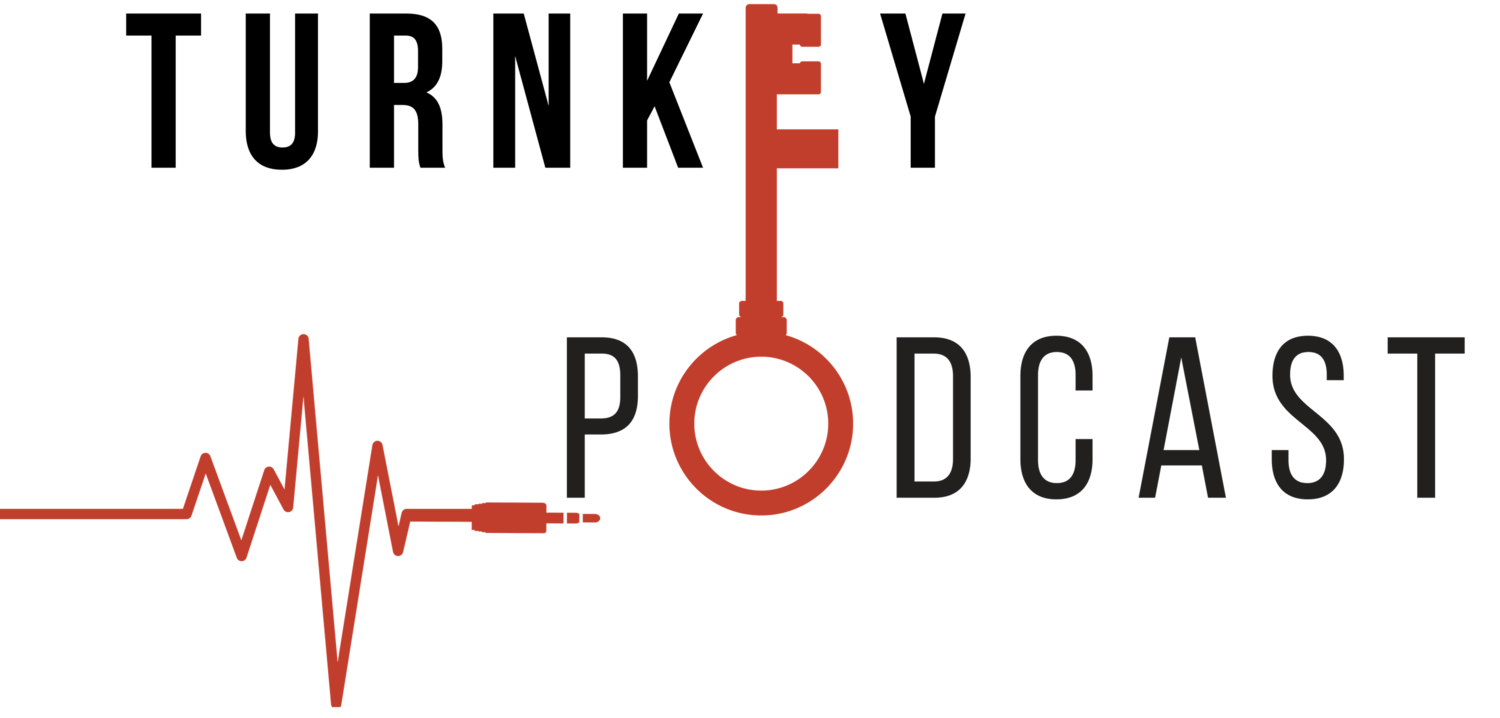Budgeting is a tricky topic for healthcare providers. It is all good and well to want to be in a situation where you spare no expense for your practice, but in reality, medical practice owners must be able to budget just like any other business owner. To do so effectively requires research and time in order to give your practice realistic numbers to work with throughout your fiscal year.
The specifics of your budget will largely depend upon the area of medicine that you work in. For instance, the budgetary needs of a general practice surgery will differ from those of an orthopaedic practice. However, there are some things that all medical practices will need to take into account when drawing up an effective budget.
Common Medical Equipment
There are a variety of medical tools and devices that all medical practices are going to need to have on hand. Moreover, many such medical devices will need to be replaced regularly as they see more wear and tear than others. You don’t want to be working with faulty equipment, so it is always good to allocate certain funds in your budget to such purchases.
The good news is that such routine purchases don’t have to break your budget. You can compare prices on all the things that your practice needs by shopping online with certain medical equipment providers. You can find an affordable diagnostic set for each examination room at your practice and still keep a realistic budget.
Track Expenses
Even when you keep good practices in mind, you might still be spending above your budget. Therefore, when it comes to drawing up a more effective budget for the coming year, it is crucial that you track your current expenses as and when they happen. By tracking your expenses in real time, you can give yourself a better chance of planning appropriately for the future.
This practice will also allow you to see where you might be able to cut back on some spending. It is easy in the course of running a medical practice to lose track of certain spending. This will not provide for a very effective use of your budget, though. Track your spending now so that you can plan better for the future.
Check in Frequently
Once you have made your budget and allocated your future spending accordingly, you might be tempted to think that all the difficult budgetary work is done. However, having a budget in place doesn’t necessarily mean that you and your staff will stick to it. It takes diligence and an attentive eye to ensure that a budget is maintained and adhered to.
This doesn’t mean that there won’t be changes as you go along. Every business must be prepared to handle unexpected expenditures as they arise. However, by sticking to your budget as closely as possible, you give yourself and your business the best chances of being able to handle such expenses.
